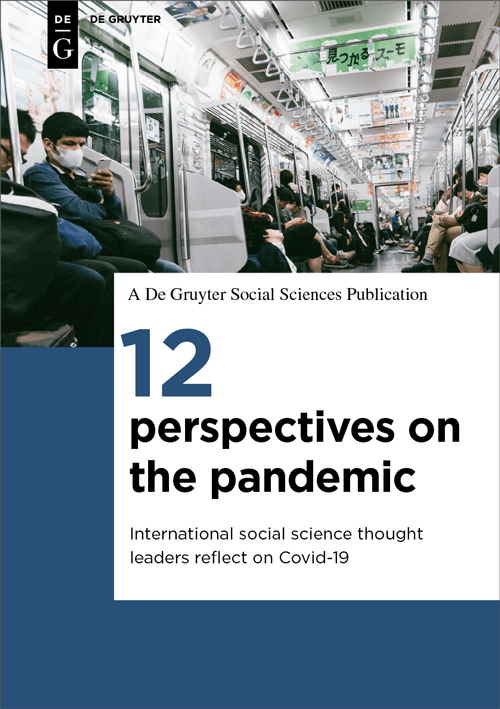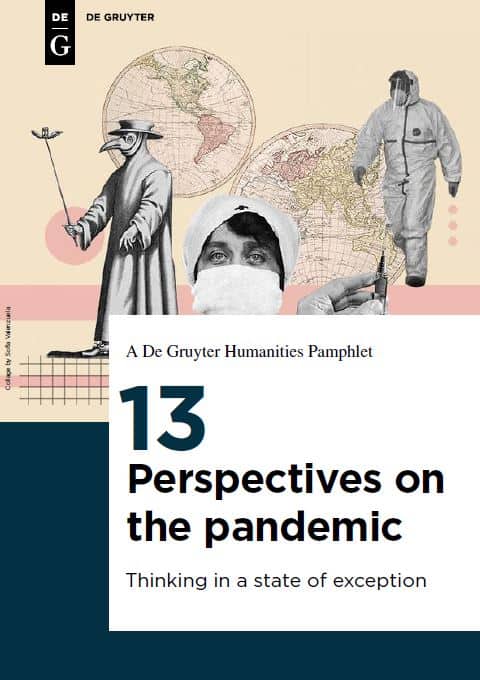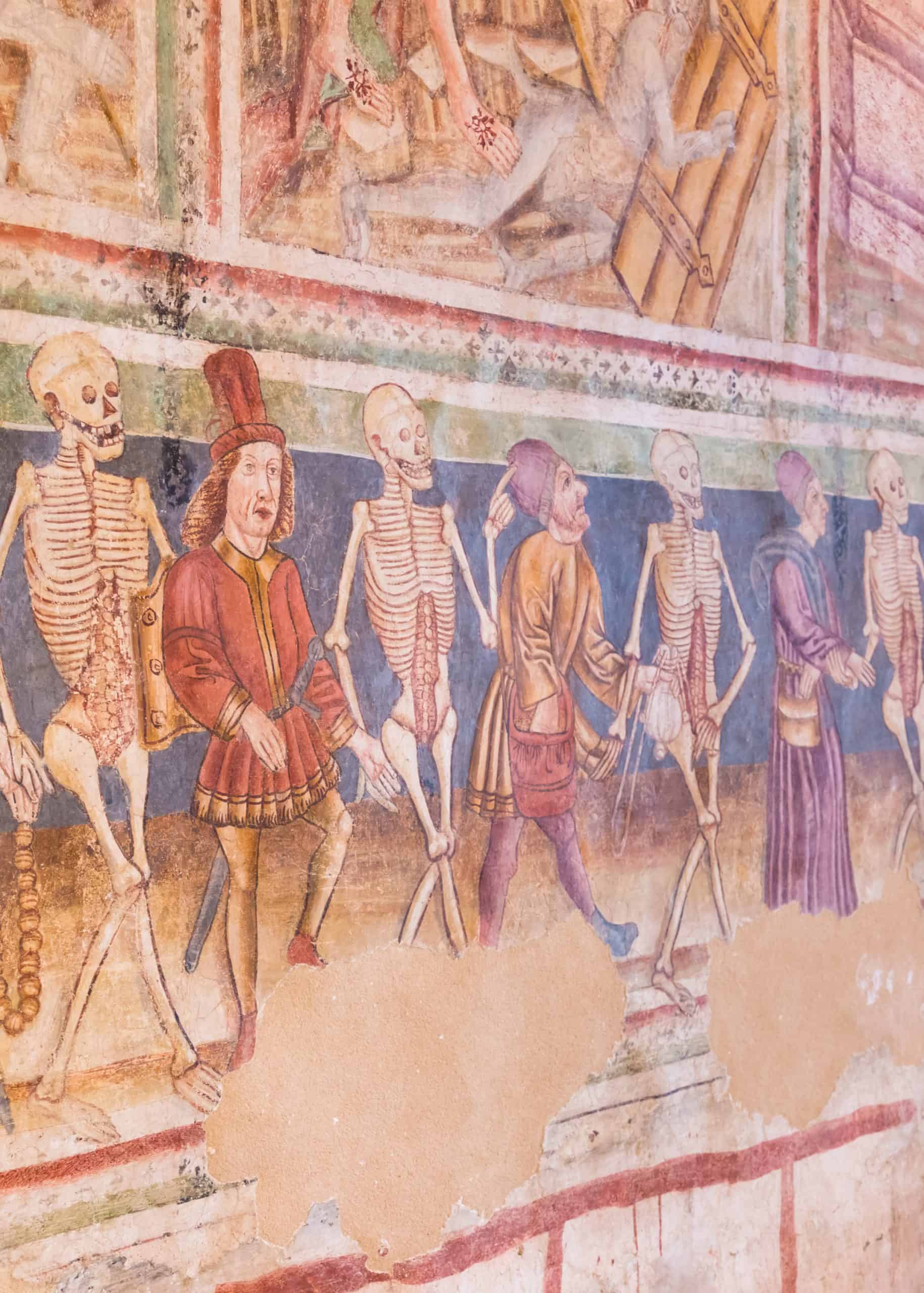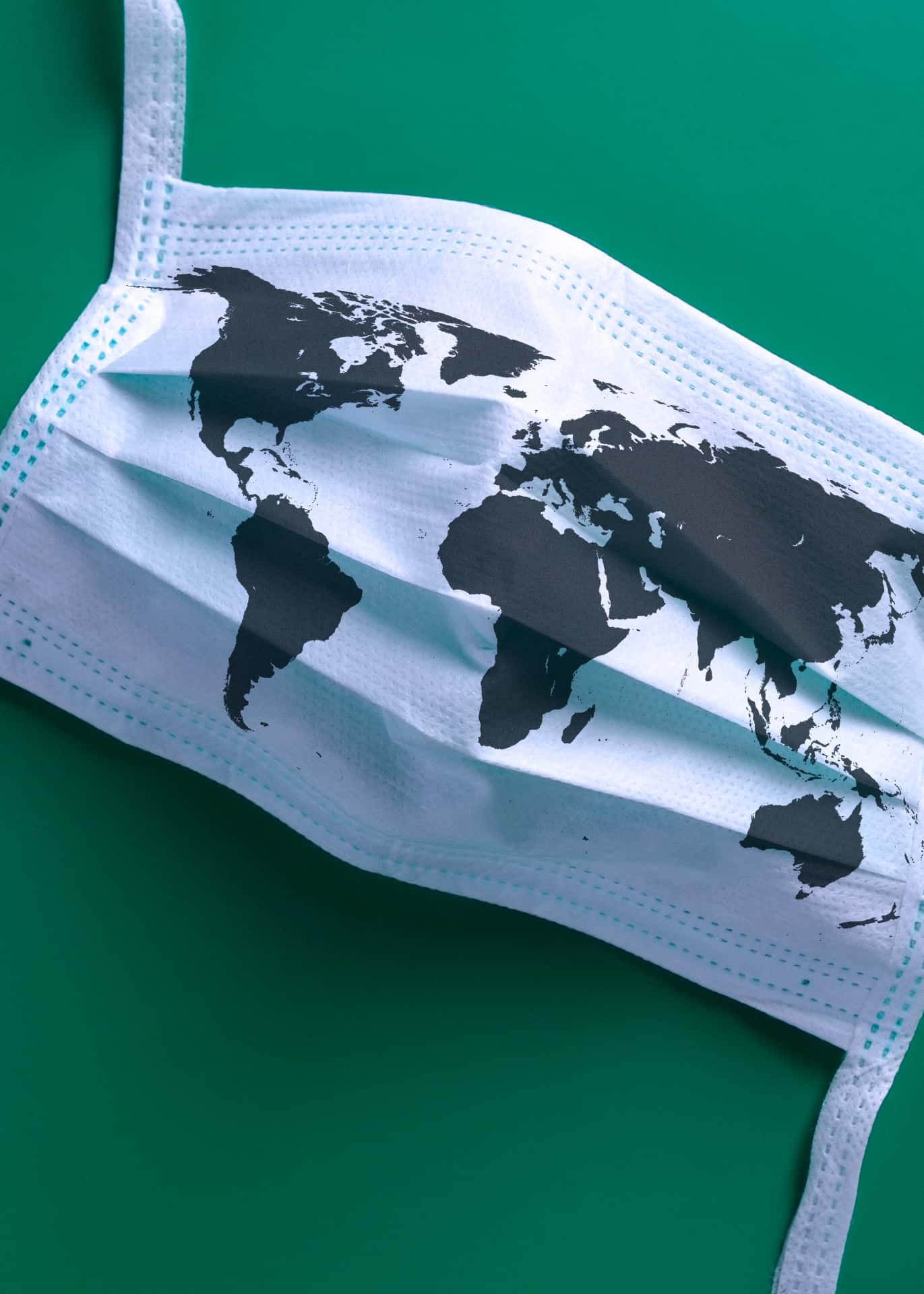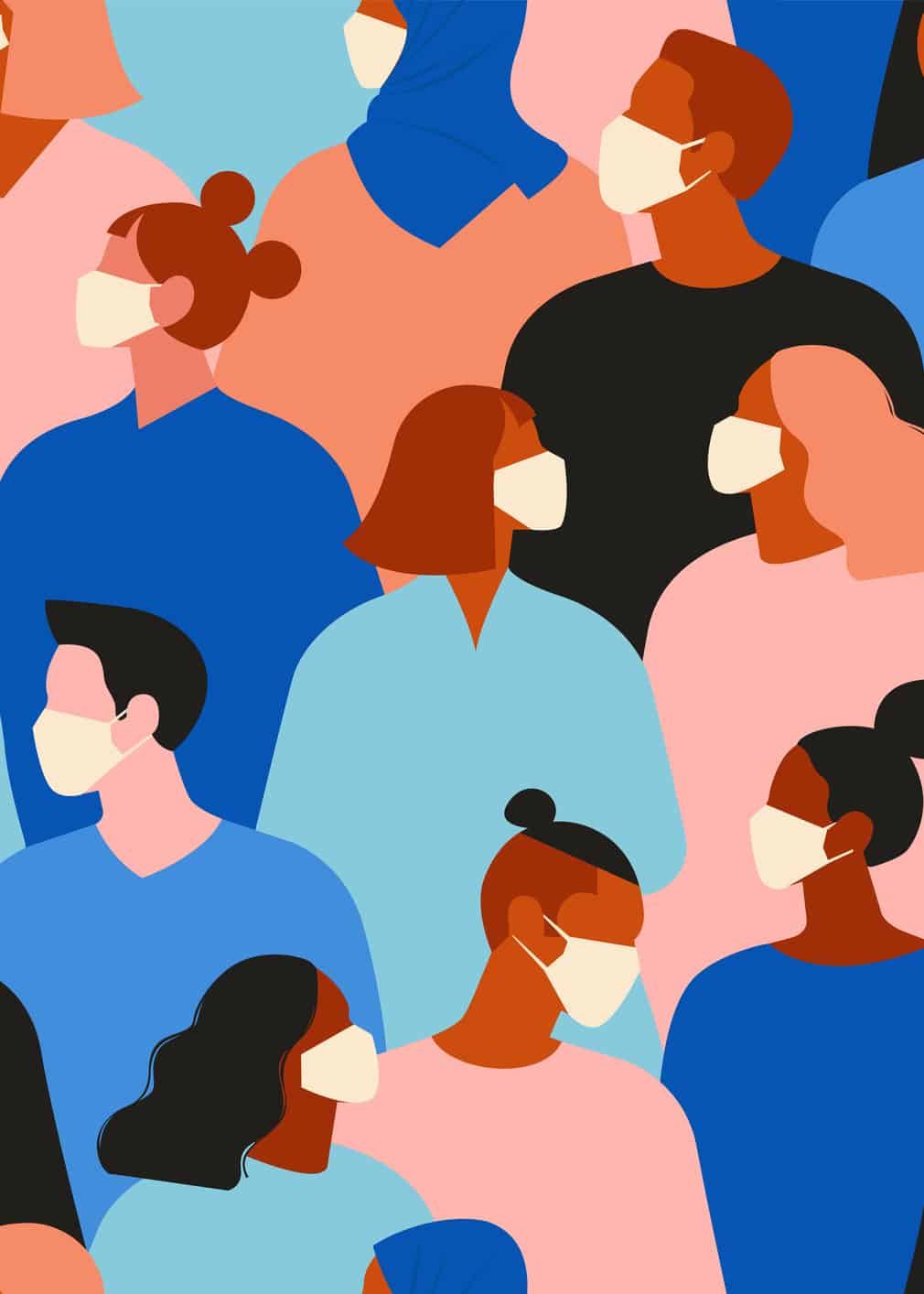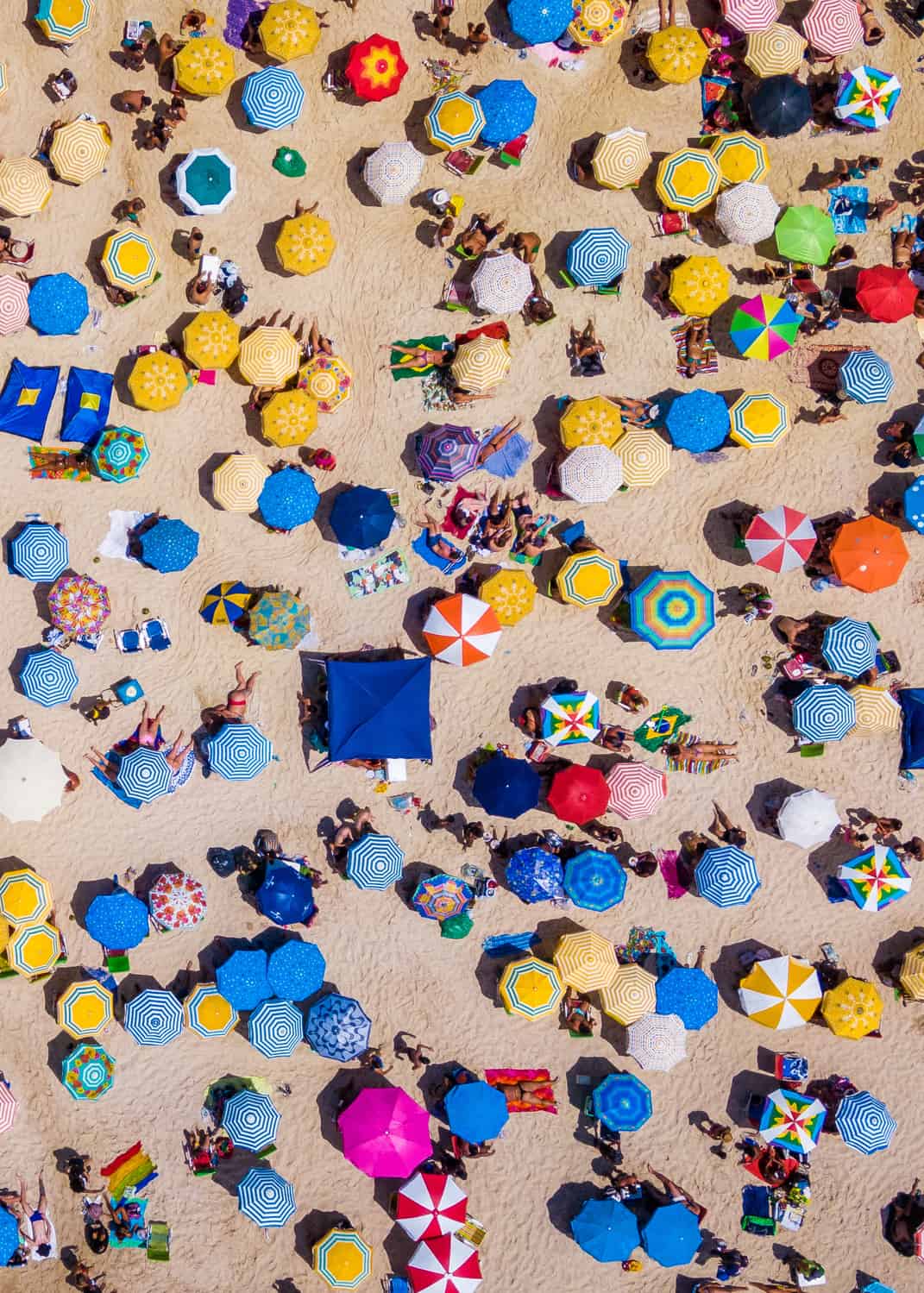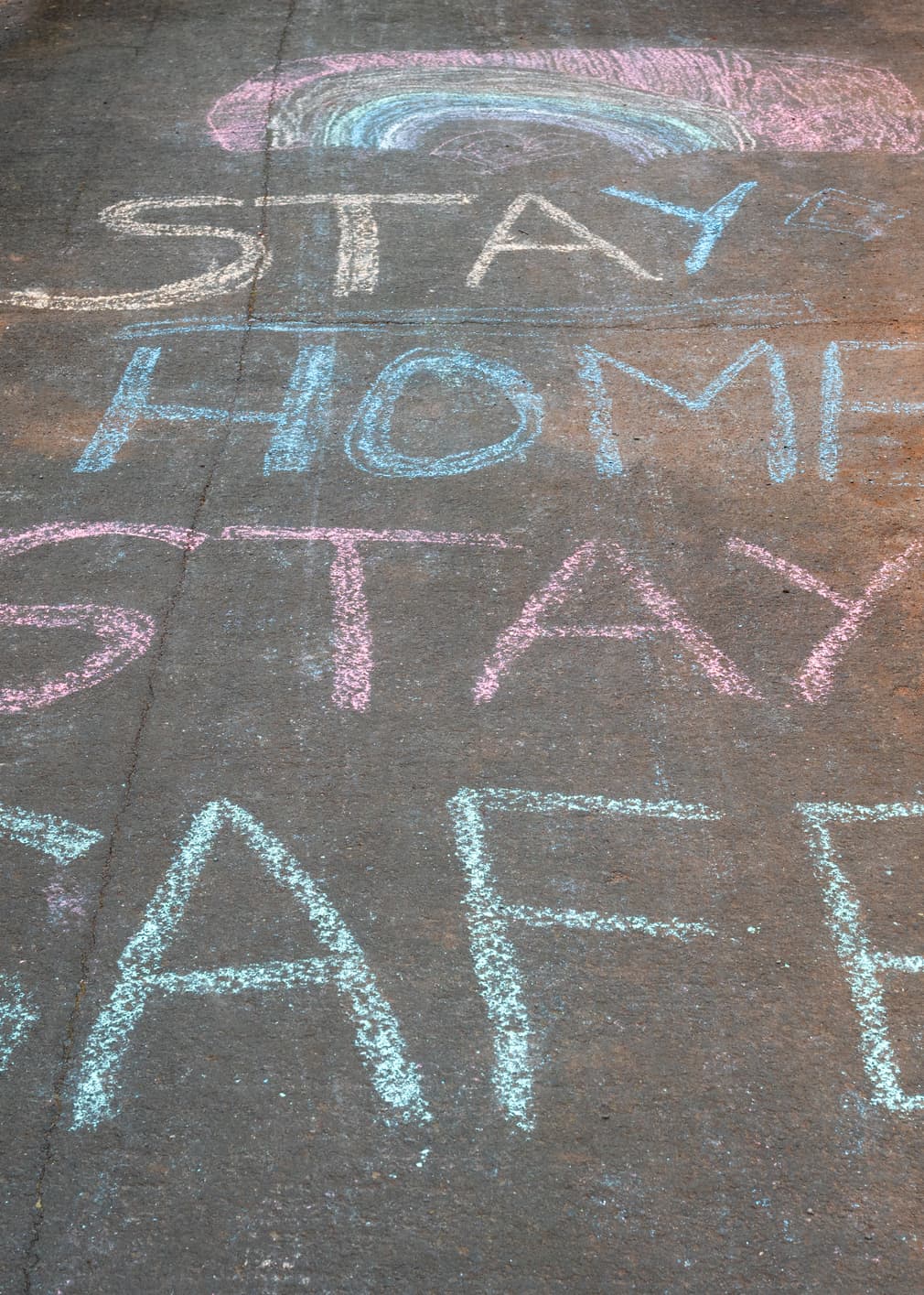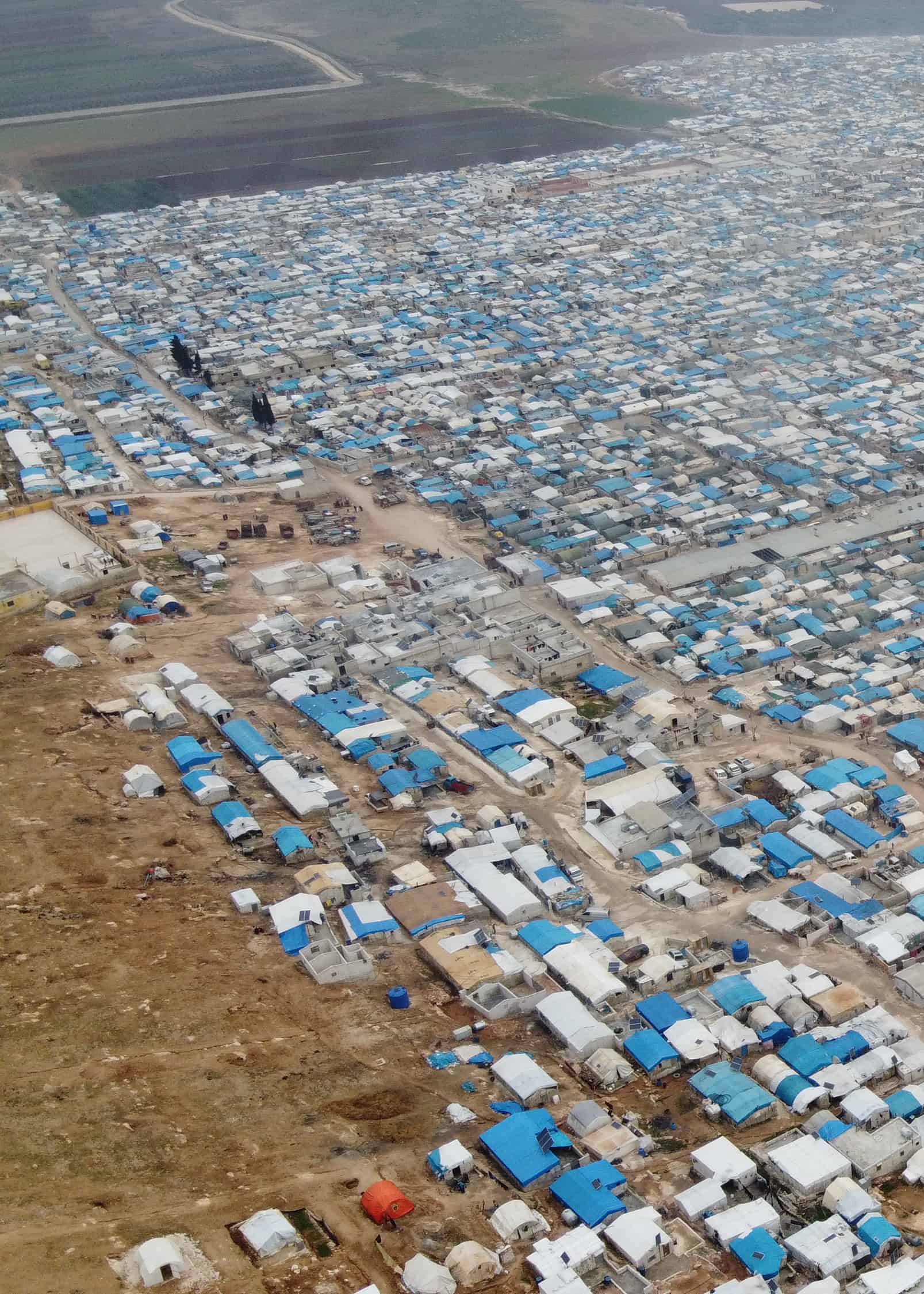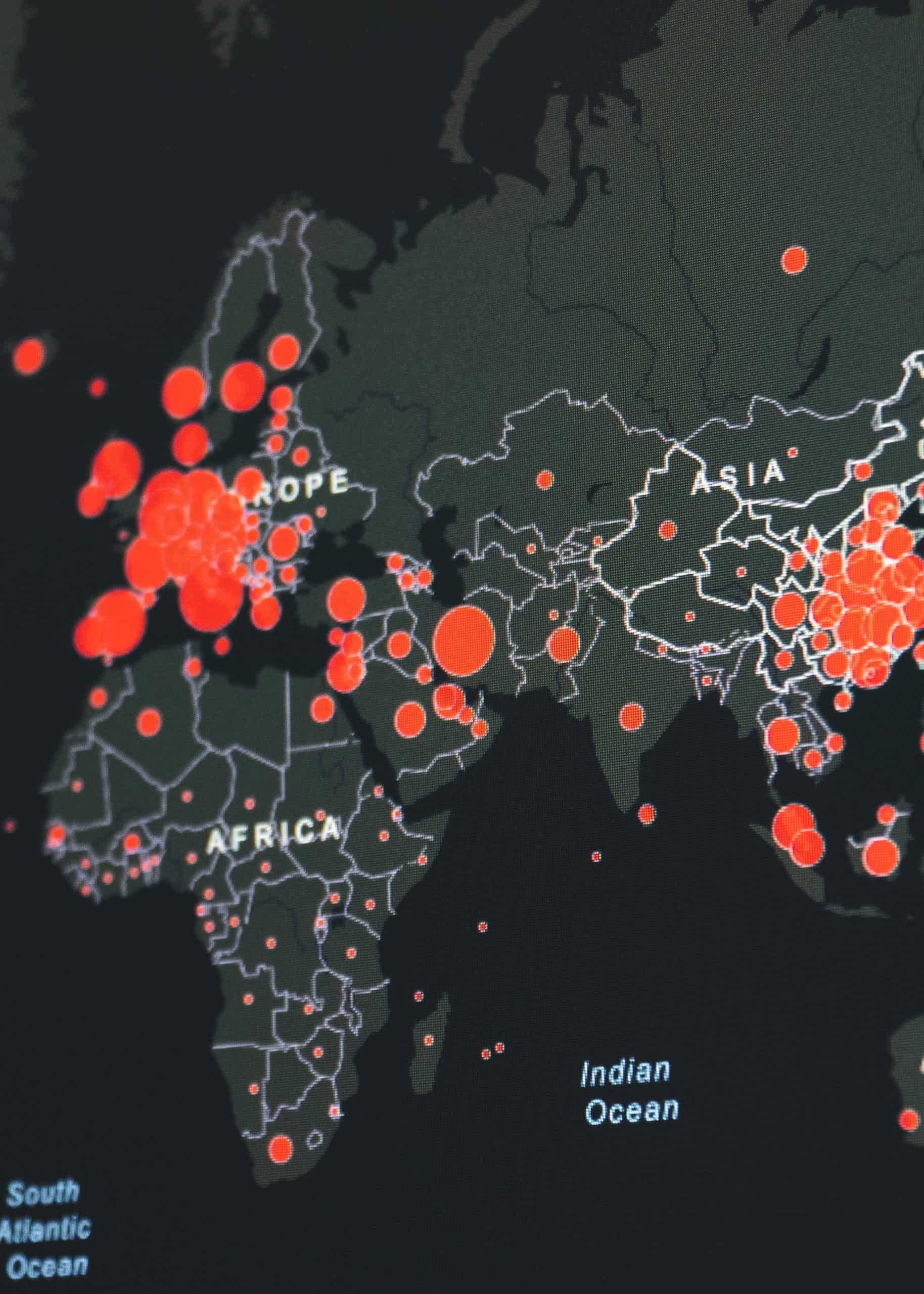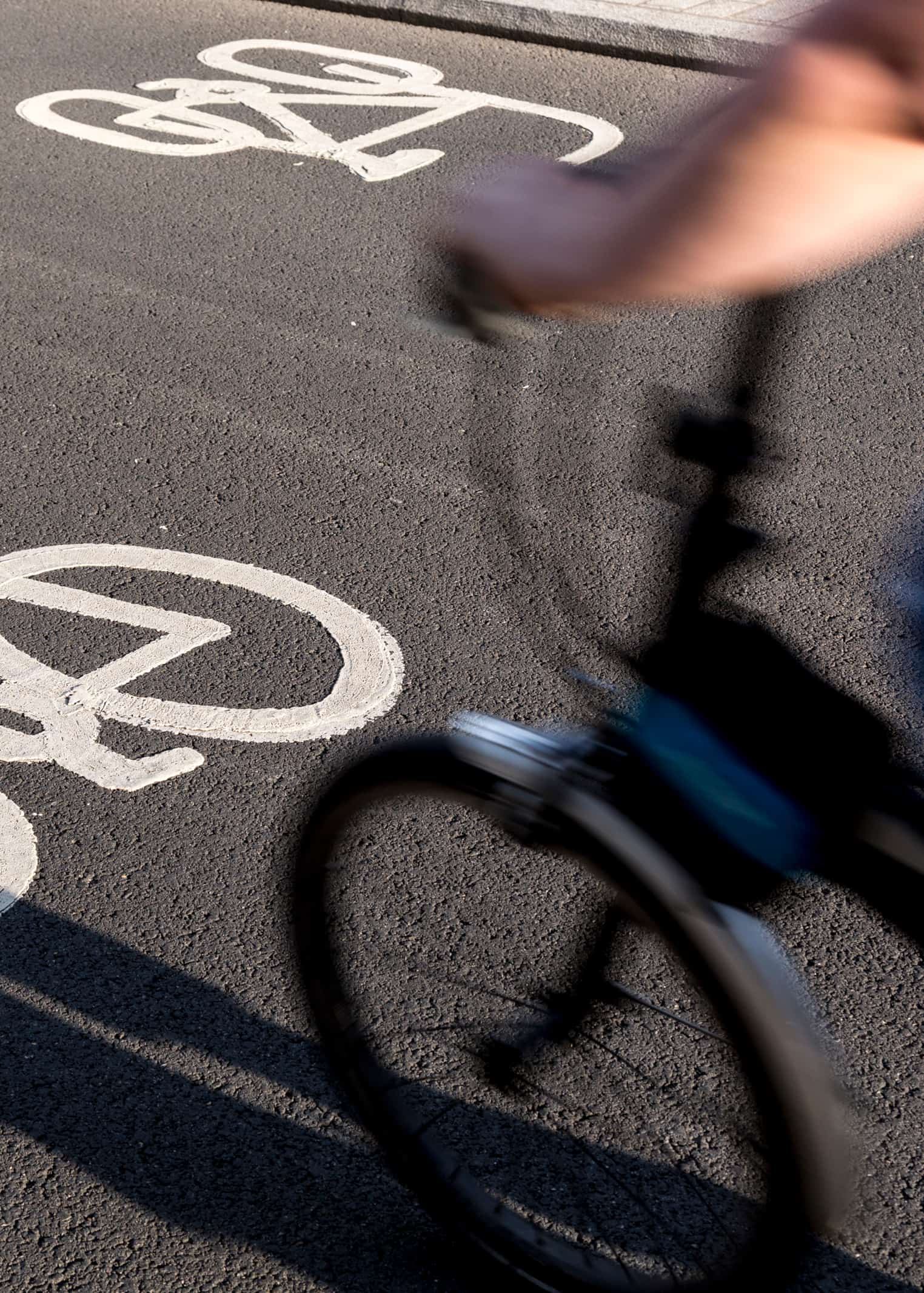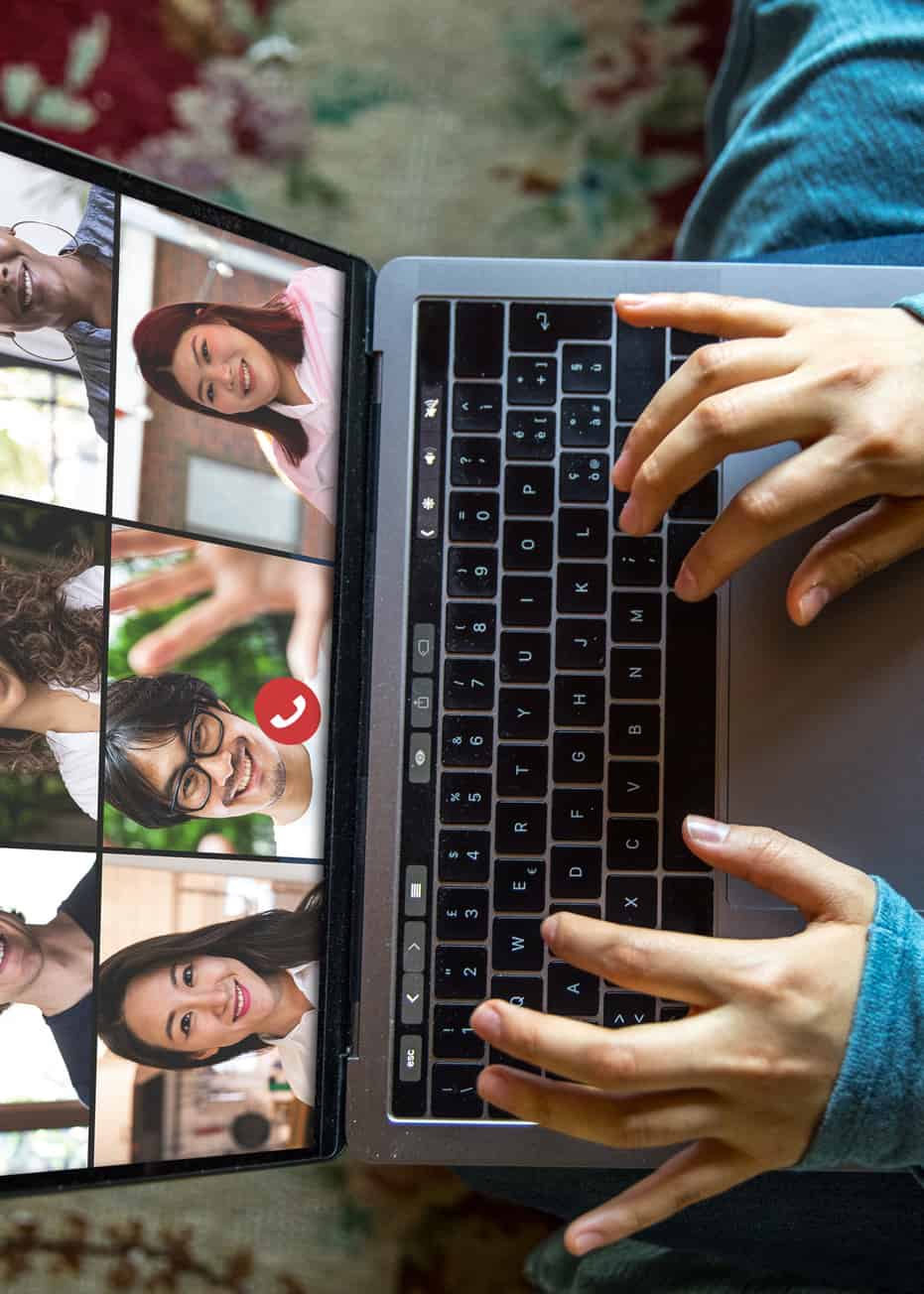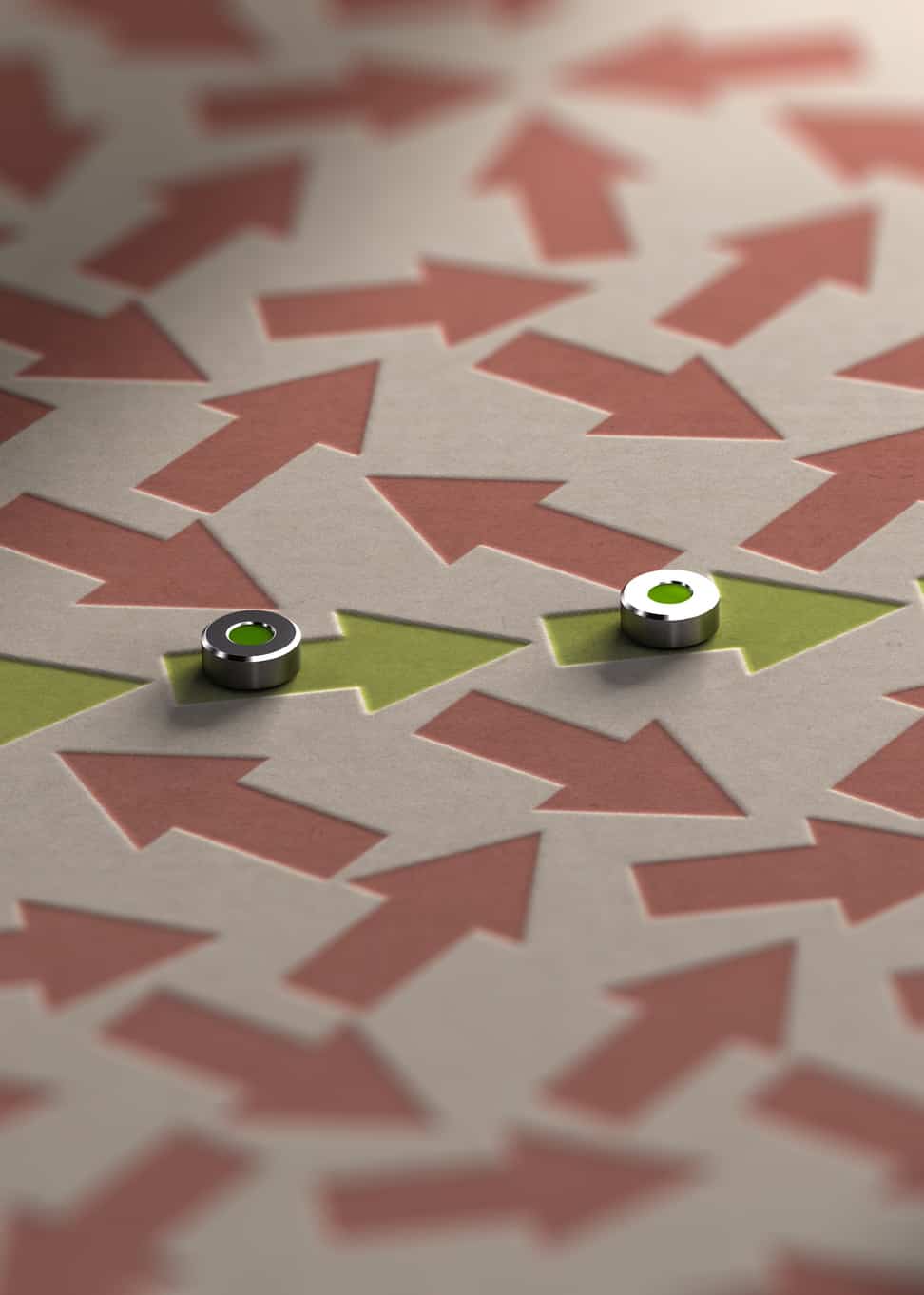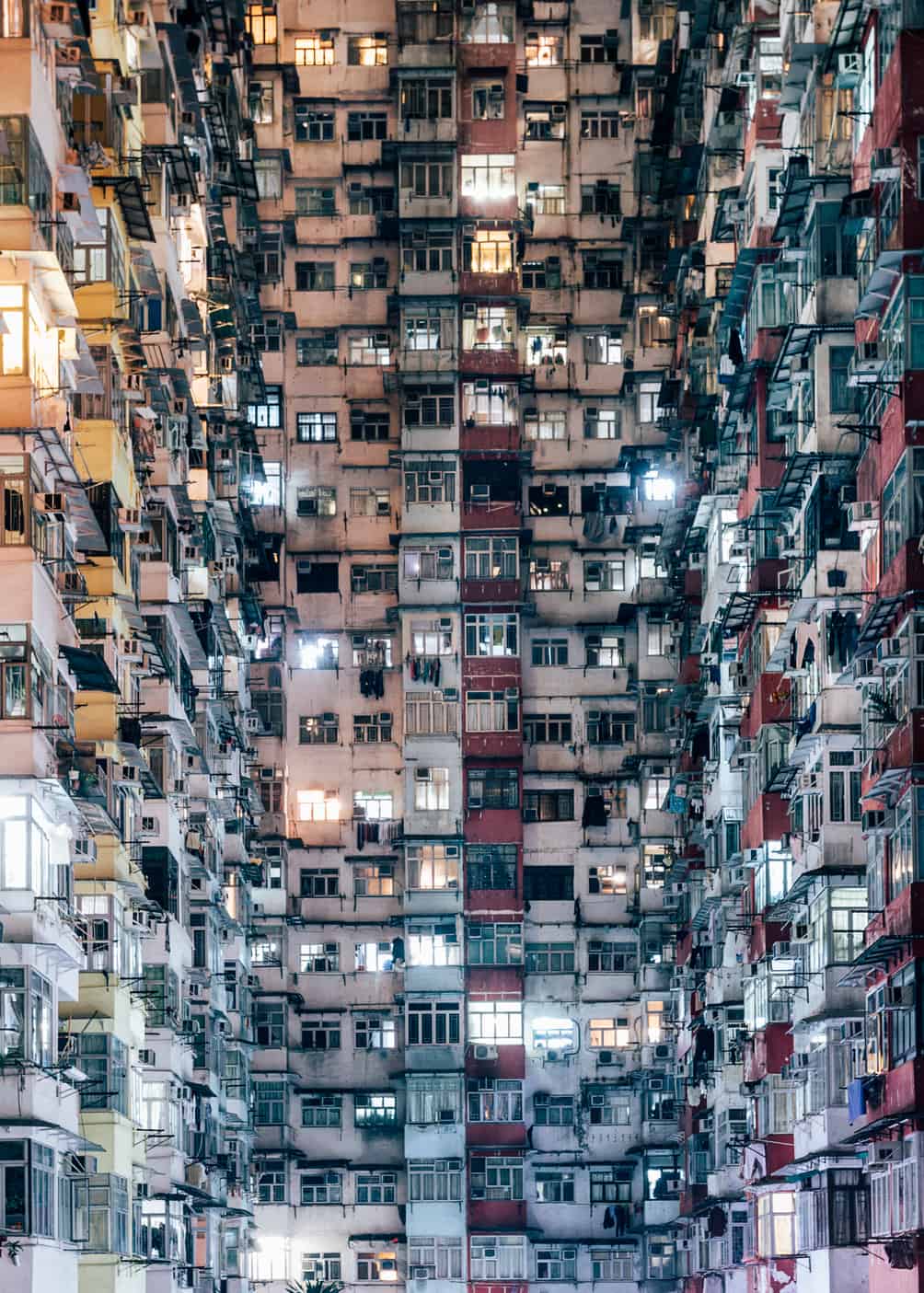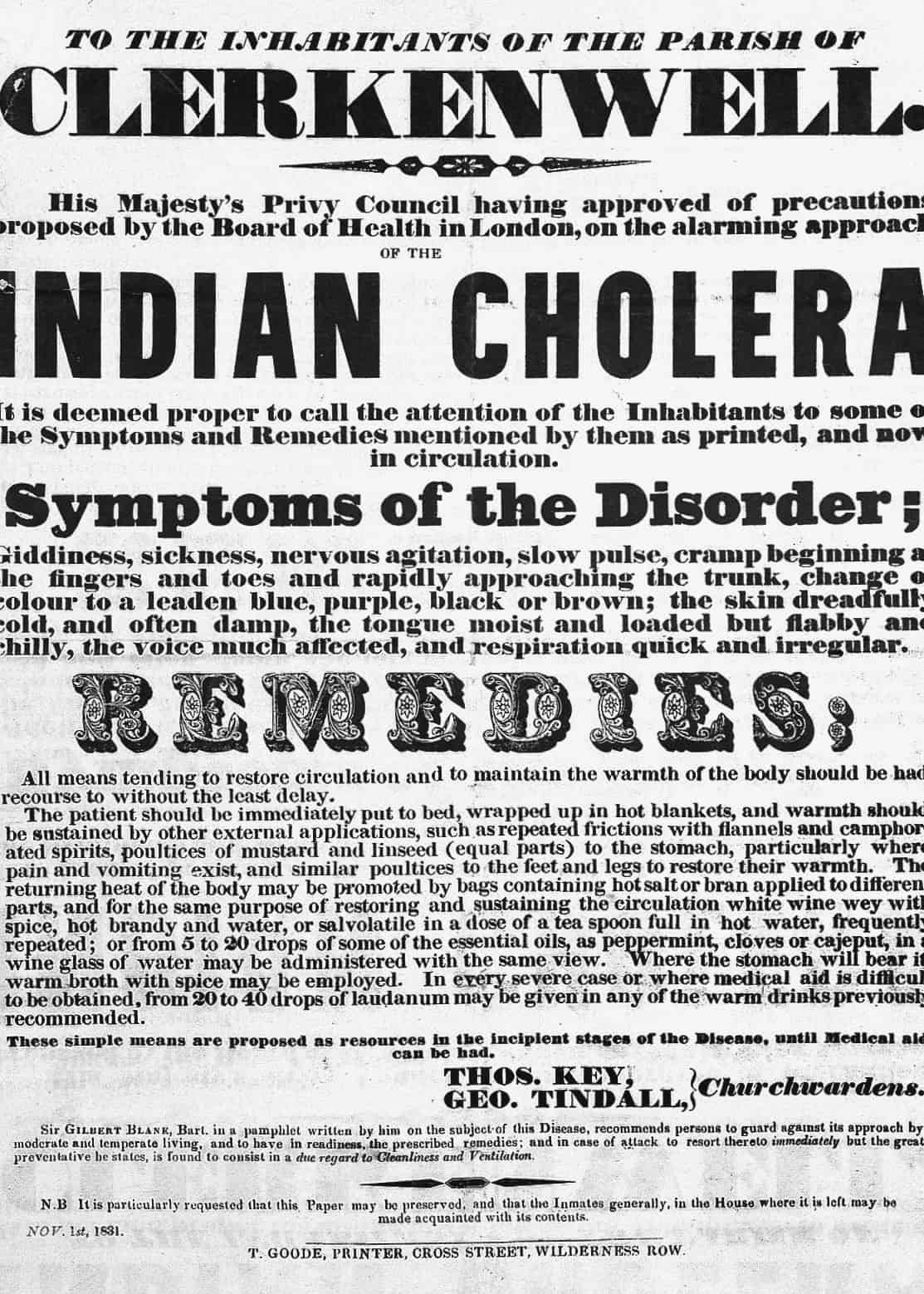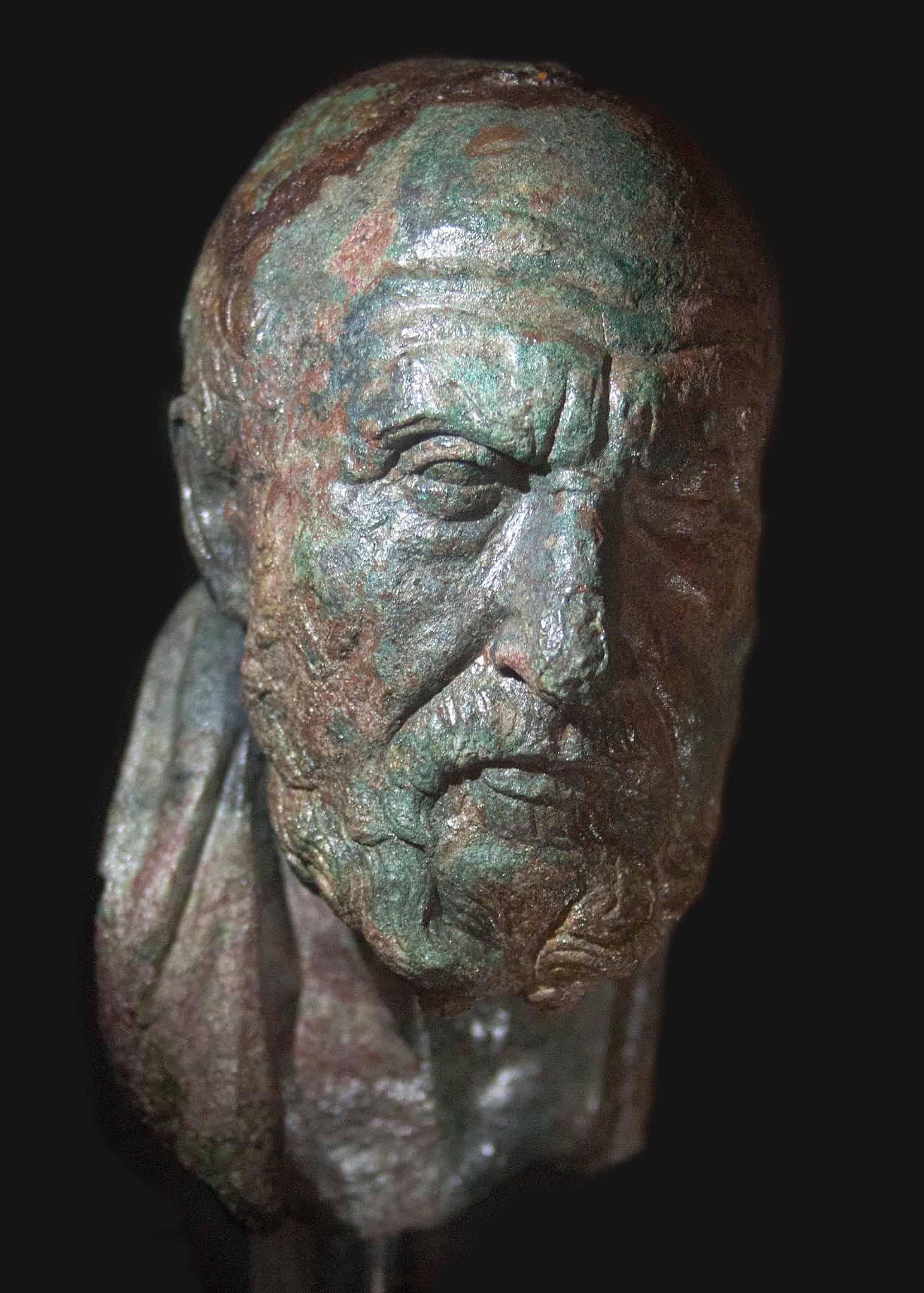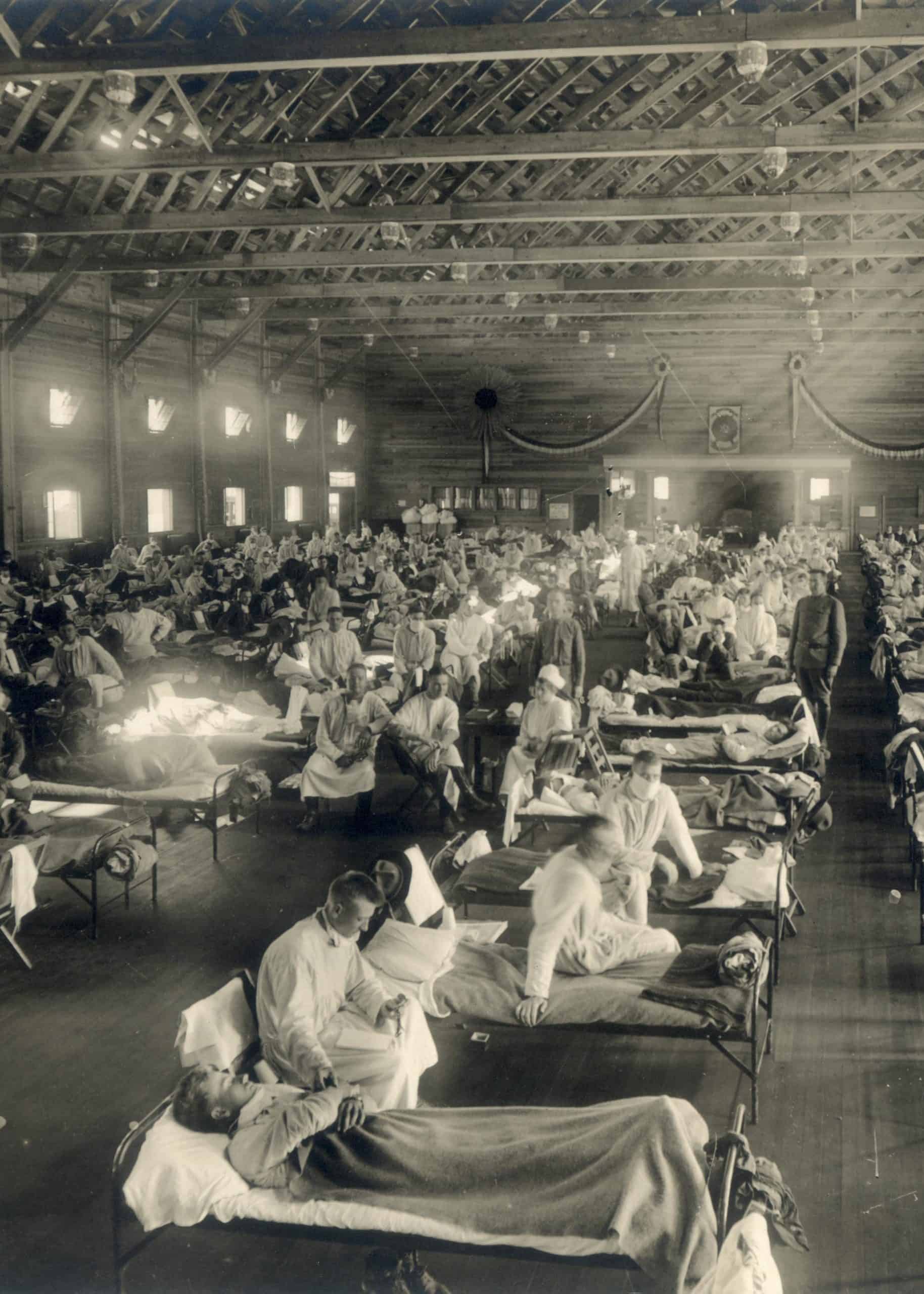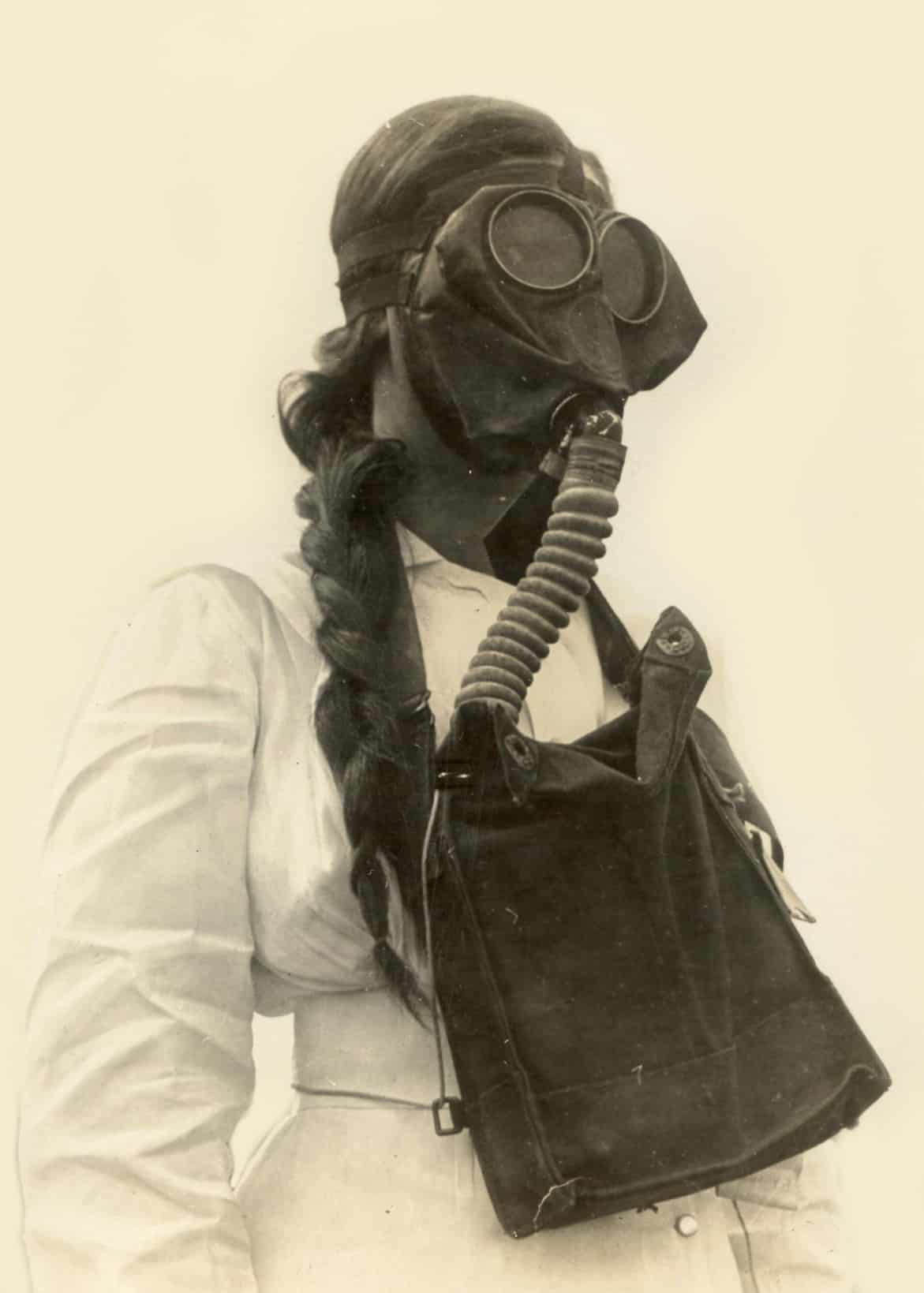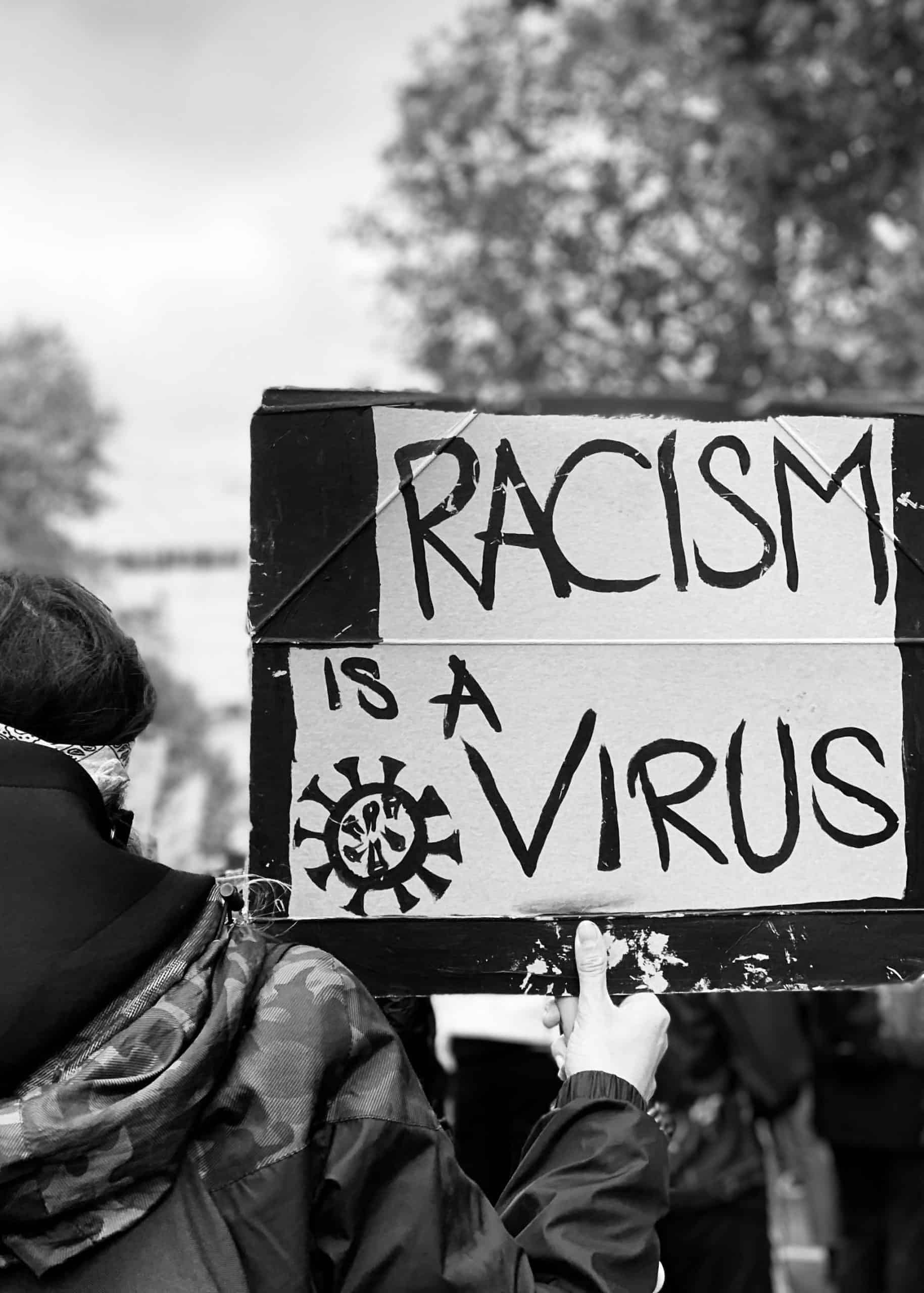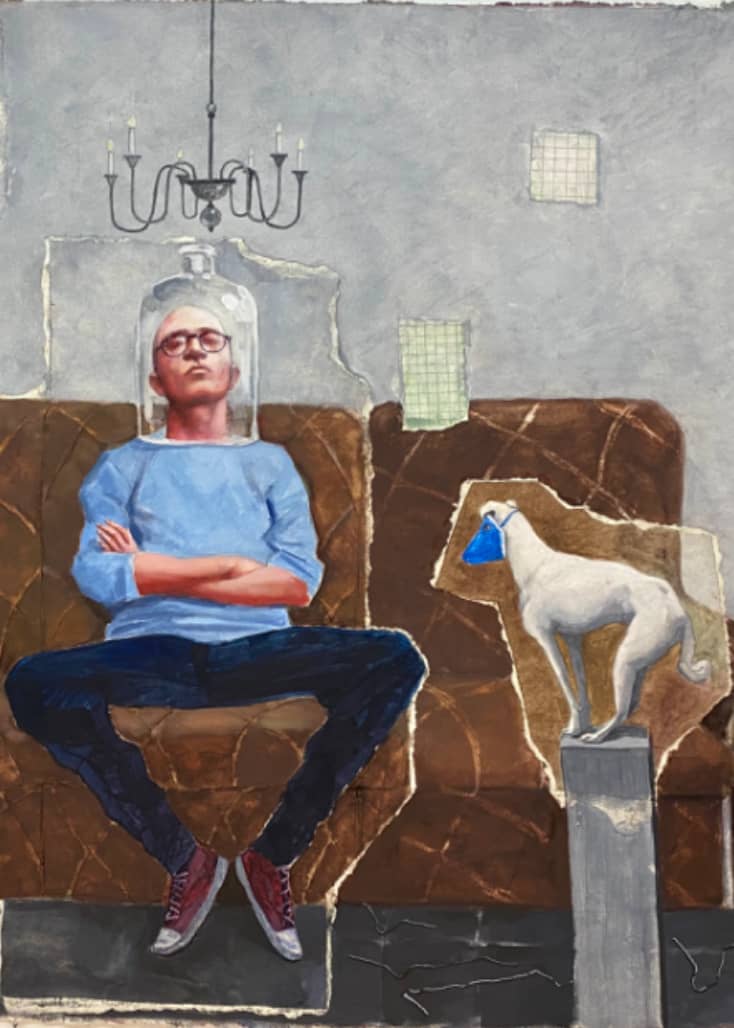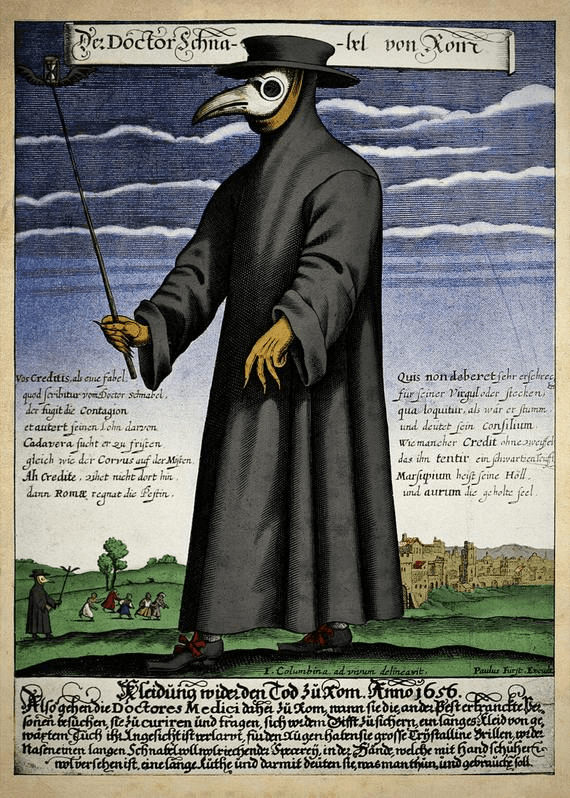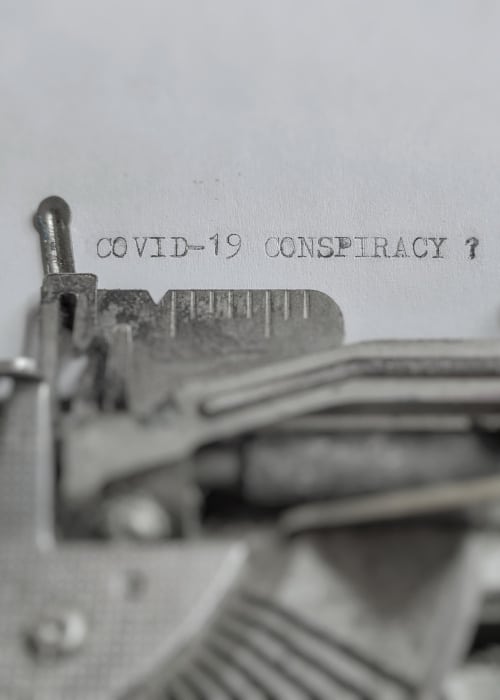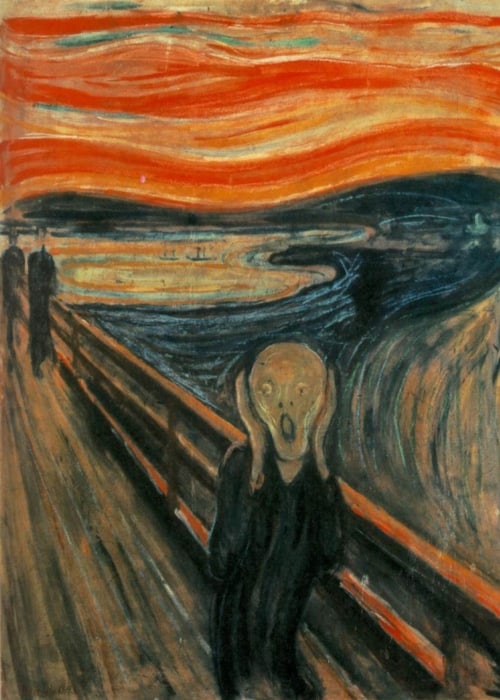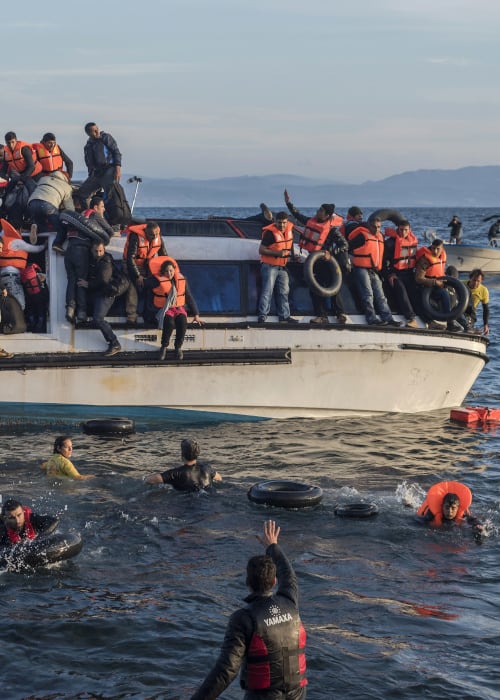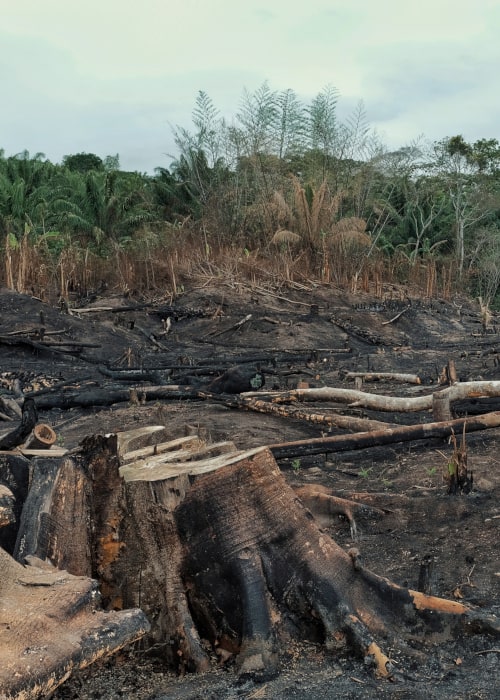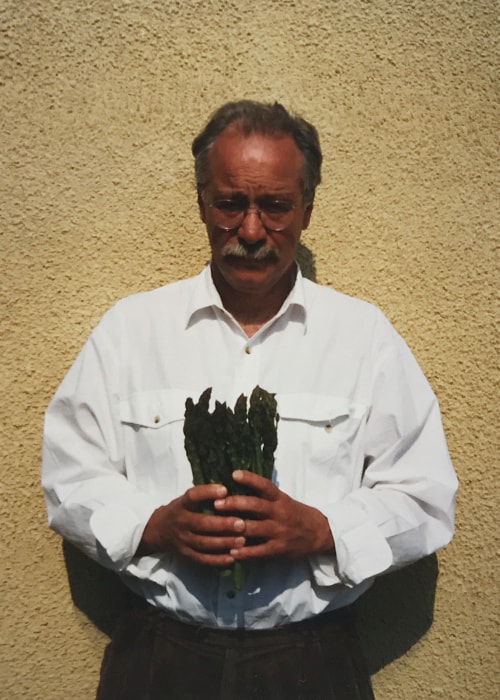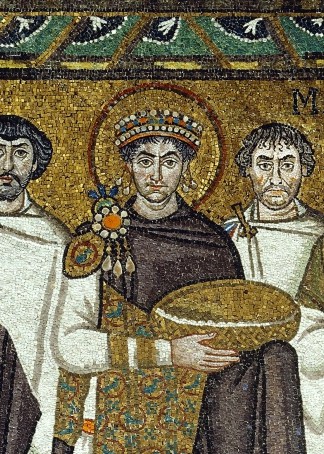Humanities and Social Science Researchers Respond to Covid-19
Amidst the Covid-19 pandemic, humanities and social science scholars share their thoughts on the crisis in a series of think pieces and video talks collected here.
While the quest for a coronavirus vaccine is dominating the headlines, it’s becoming more and more obvious that biomedical science alone can’t provide all the answers to the Covid-19 crisis.
We therefore gathered a group of social science and humanities scholars and invited them to reflect on the pandemic from their own area-specific perspectives. With their contributions we’ve created two digital collections of short and timely think pieces on the Corona pandemic, one focusing on social science perspectives, the second one on humanities responses to the crisis.
Furthermore, for our digital lecture series “De Gruyter Corona Talks: Thinking in a State of Exception” we invited scholars from various disciplines to talk about different intellectual approaches to take when trying to understand the effects of the global pandemic.
You’ll find the two digital collections, all articles, as well as video recordings of our Corona Talks on this page – everything is free to read, download and watch!
2 Digital Collections On Covid-19
These two edited collections are free to download as PDFs by clicking on the cover. All essays are listed below.
Social Science Perspectives On Covid-19
Twelve scholars in the field of social science reflect on the societal impact of Covid-19 and provide an overview of some of the major issues: a snapshot of thinking on past pandemics, the impact on health and tourism, and the changing requirements of the welfare states. Fundamentally, they ask: how will the brave new post-Covid-19 world look like?
Humanities Perspectives On Covid-19
In thirteen essays, humanities scholars reflect on the Covid-19 pandemic by looking into similar crises from the past, emphasizing the importance of memory when dealing with traumatic events, and asking questions like: How do we approach life during a health crisis? Will life as we know it change dramatically when this is all over? Will digitization be a major focus from now on? And how does white privilege play into the way we perceive the pandemic?
De Gruyter Corona Talks
In our digital lecture series “De Gruyter Corona Talks: Thinking in a State of Exception” we talk with scholars from various disciplines about the different intellectual approaches to take when trying to understand the effects of this global pandemic. The lectures take place every Thursday at 6pm CET on De Gruyter’s YouTube channel.
In his talk, Thomas Zimmer from the University of Freiburg explores whether and how history can teach us how to deal with COVID-19:
You are currently viewing a placeholder content from YouTube. To access the actual content, click the button below. Please note that doing so will share data with third-party providers.
Tue Emil Öhler Søvsø from the Freie Universität Berlin talks about the ancient Greek and Roman Stoics offering an intriguing perspective on the challenging questions facing us during the corona pandemic:
You are currently viewing a placeholder content from YouTube. To access the actual content, click the button below. Please note that doing so will share data with third-party providers.
Ida Milne from Carlow College in Ireland tackles the question if survival stories from the 1918-1919 Spanish flu can inform on surviving the current health crisis:
You are currently viewing a placeholder content from YouTube. To access the actual content, click the button below. Please note that doing so will share data with third-party providers.
Independent author and researcher Viv Newman talks about similarities between nursing during World War One and our current health crisis:
You are currently viewing a placeholder content from YouTube. To access the actual content, click the button below. Please note that doing so will share data with third-party providers.
Merle Eisenberg from the National Socio-Environmental Synthesis Center (SESYNC) at the University of Maryland talks about dangerous comparisons between Covid-19 and historical pandemics and how history does not offer global comparisons, but rather examples of local responses and effects.
You are currently viewing a placeholder content from YouTube. To access the actual content, click the button below. Please note that doing so will share data with third-party providers.
